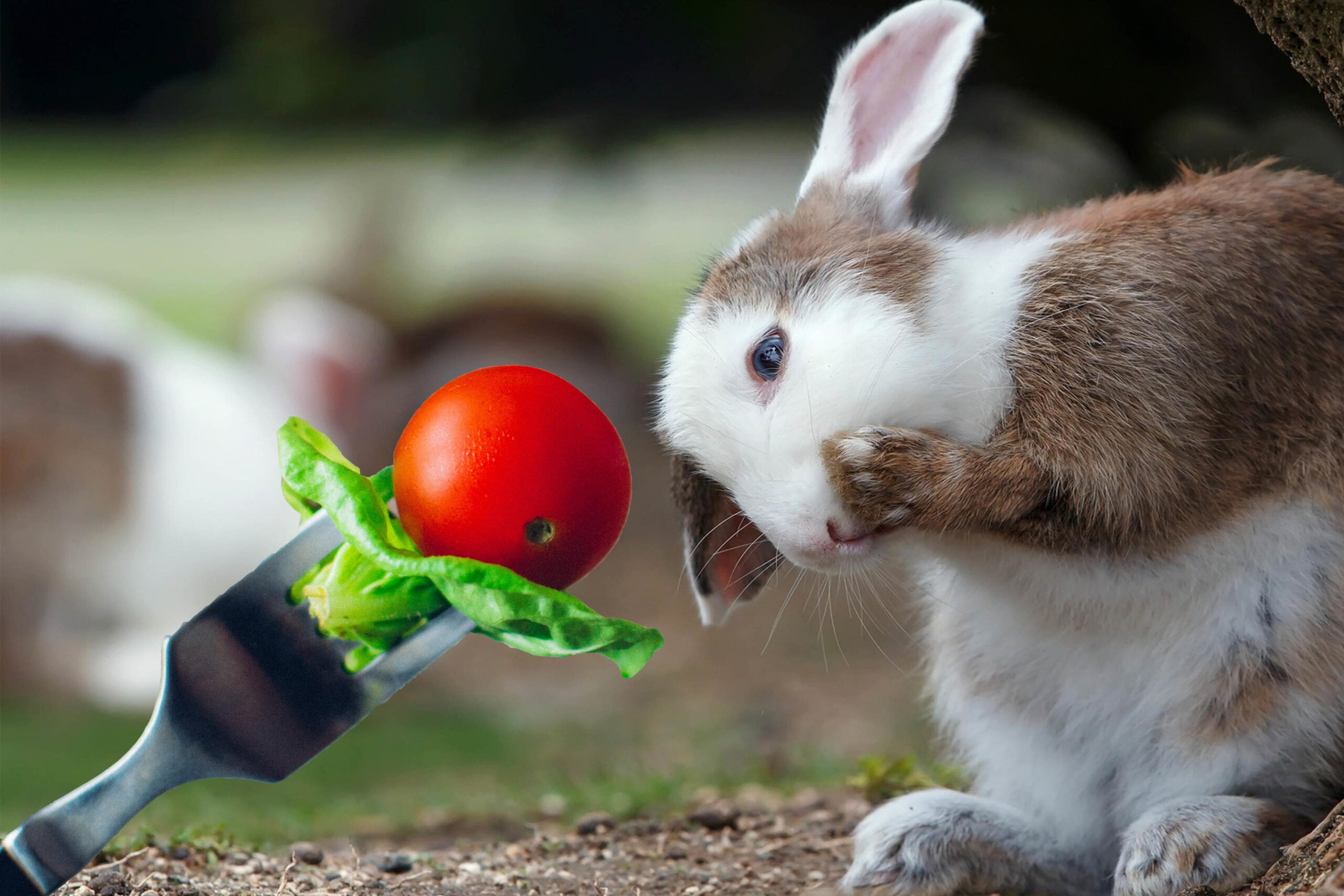Do Rabbits Eat Tomato Plants?
Rabbits are adorable creatures that often find their way into gardens, causing havoc by nibbling on various plants. If you are a gardener or simply someone who loves to grow tomatoes, you might be wondering if rabbits have a taste for tomato plants. In this article, we will explore whether rabbits eat tomato plants, the potential damage they can cause, and ways to protect your precious tomato plants from these furry intruders.

Can Rabbits Eat Tomato Plants?
Yes, unfortunately, rabbits are known to eat tomato plants. Rabbits are herbivores, and they have a particular fondness for the tender leaves, stems, and fruits of tomato plants. They can quickly decimate your tomato crop if they are left unchecked.
Damage Caused by Rabbits
When rabbits feed on tomato plants, they can cause significant damage. Here are some potential ways rabbits can harm your tomato plants:
- Nibbling on the leaves and stems: Rabbits have sharp teeth that can easily chew through the leaves and stems of tomato plants. This can weaken the plant and hinder its growth.
- Eating the fruits: Rabbits are not only interested in the leaves and stems; they will also devour the delicious fruits of your tomato plants. This can lead to a reduced harvest or even a complete loss.
- Digging burrows: Rabbits may create burrows near your tomato plants, potentially damaging the roots and destabilizing the plant.
Protecting Tomato Plants from Rabbits
Fortunately, there are several effective methods to protect your tomato plants from hungry rabbits:
Fencing: Install a fence around your garden or specific areas where you grow tomato plants. Make sure the fence is buried at least six inches underground to prevent rabbits from burrowing underneath. The fence should be at least two feet high, with small mesh or chicken wire to keep rabbits from squeezing through.
Repellents: Apply commercially available rabbit repellents around your tomato plants. These repellents often contain substances that rabbits find unappealing, such as predator urine or hot pepper sprays.
Plants rabbits dislike: Consider planting rabbit-resistant plants near your tomato plants. Examples include marigolds, garlic, onions, and lavender. Rabbits tend to avoid these plants, so they may act as a natural deterrent.
Scare tactics: Utilize scare tactics like motion-activated sprinklers or wind chimes near your tomato plants. The sudden movement or noise can startle rabbits and discourage them from approaching.
Frequently Asked Questions (FAQs)
1. How can I tell if rabbits are eating my tomato plants?
If you suspect that rabbits are feasting on your tomato plants, look for signs such as chewed leaves and stems, missing fruits, or evidence of burrows near the plants.
2. Will rabbits eat all tomato plant varieties?
While rabbits generally have a preference for tender and young tomato plants, they may still nibble on more mature varieties if food is scarce or other plants are less accessible.
3. Can I use homemade rabbit repellents?
Yes, homemade rabbit repellents can be effective. For instance, a mixture of water, garlic, and cayenne pepper sprayed around your tomato plants may deter rabbits.
4. Are there any natural predators that can help control rabbit populations?
Yes, natural predators such as foxes, owls, and snakes can help control rabbit populations. Encouraging these predators to inhabit your garden can be an eco-friendly solution.
Rabbits have a penchant for tomato plants, causing potential damage to leaves, stems, and fruits. However, with proper preventative measures such as fencing, repellents, planting rabbit-resistant varieties, and utilizing scare tactics, you can protect your tomato plants from these voracious nibblers. By implementing these strategies and staying vigilant, you can enjoy a bountiful tomato harvest while keeping the adorable rabbits at bay.
Related Articles…
Copyright Notice:
This website utilizes images found online, all copyrights are retained by their original owners. If you would like an image removed, kindly contact us.